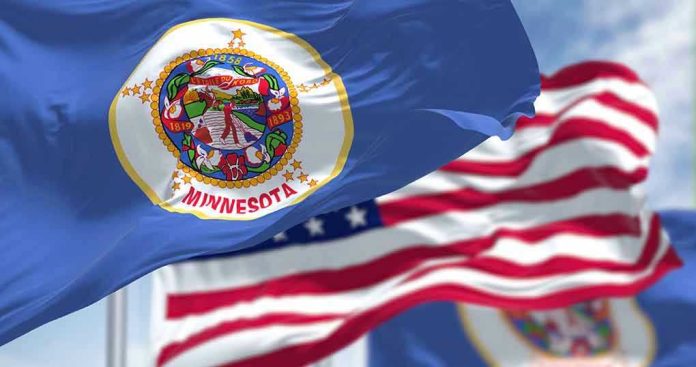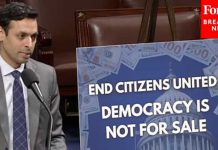
Ilhan Omar’s recent remarks threaten to deepen divisions within the Somali community, raising concerns over identity politics in America.
Story Highlights
- Ilhan Omar criticized Somali voters for not supporting a Somali mayoral candidate.
- The speech exposed ethnic and clan divisions within Minneapolis’s Somali community.
- Omar’s comments have sparked controversy and debate over identity politics.
Ilhan Omar Criticizes Somali Voters Post-Election
Following the Minneapolis mayoral election, U.S. Representative Ilhan Omar criticized Somali voters in a speech delivered in Somali. She accused them of undermining Somali political power by not supporting Omar Fateh, the Somali-American mayoral candidate endorsed by her.
Omar’s remarks, translated into English, included calls to ostracize those voters, highlighting internal community tensions and prompting public backlash.
The election saw incumbent Mayor Jacob Frey secure re-election, defeating Omar Fateh. This electoral outcome has brought to light the deep-seated clan-based divisions within the Somali community in Minneapolis, which have historically shaped Somali politics both in the diaspora and in Somalia.
Despite the community’s potential political influence, these divisions have often hindered unified action.
Implications of the Controversial Speech
Ilhan Omar’s speech has intensified scrutiny of identity politics within the Somali community and raised concerns about the erosion of community solidarity. The remarks have sparked a broader debate on the role of ethnic and clan affiliations in political mobilization and representation.
As Minneapolis grapples with these tensions, the city’s Somali diaspora faces the risk of further fragmentation along clan lines.
Experts argue that Omar’s rhetoric might alienate parts of the community and undermine collective efforts towards progressive goals. The controversy has also been seen as a potential tool for critics to discredit Somali and Muslim political engagement more broadly.
Community activists are now tasked with navigating these challenges while striving for political cohesion.
Future of Somali Political Engagement
In the wake of these developments, the Somali community in Minneapolis remains divided, grappling with questions about political strategy and representation. The incident could lead to a realignment of Somali political engagement, possibly affecting alliances and the community’s influence in local politics.
Somali leaders and activists must consider paths to bridge these divides and strengthen their collective political voice.
As Minneapolis continues to be a focal point for debates over identity politics, the Somali community’s response to these internal challenges will likely serve as a case study for other immigrant communities in the United States.
Ensuring inclusive and effective political participation will be crucial for fostering community cohesion and advancing shared goals.
Sources:
Ilhan Omar blasts Somali voters after Minneapolis loss: ‘We need to get rid of these people’
Somali Clan Divisions Surface as Jacob Frey Wins Third Term in Minneapolis Mayoral Race
Omar Fateh and the Minneapolis Mayoral Election
Ilhan Omar and the Somali Clan War in Minneapolis




